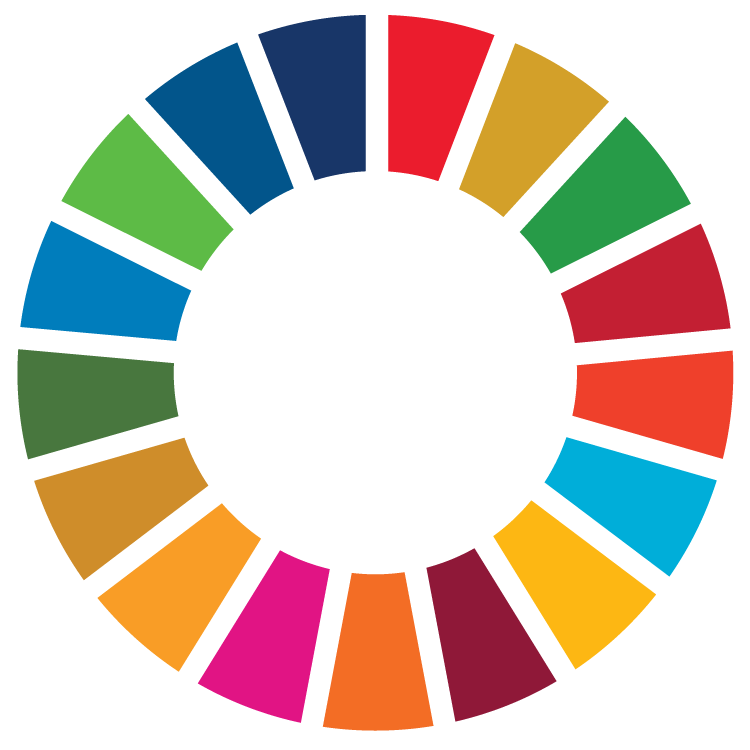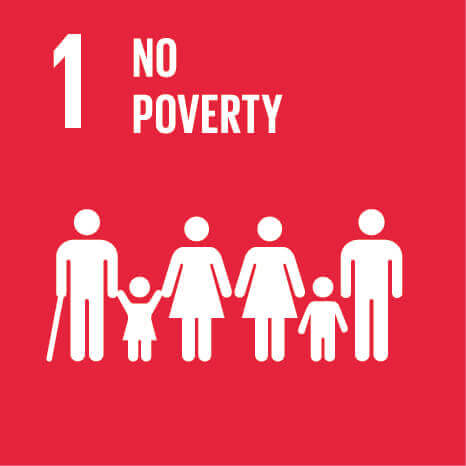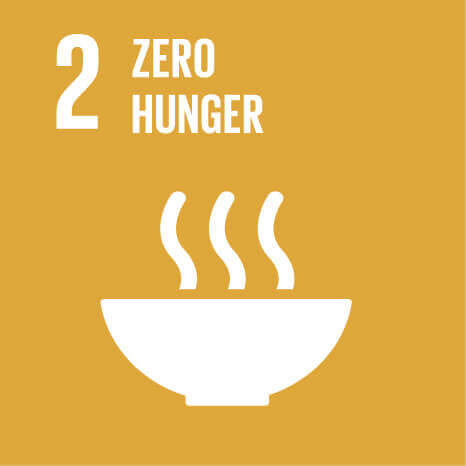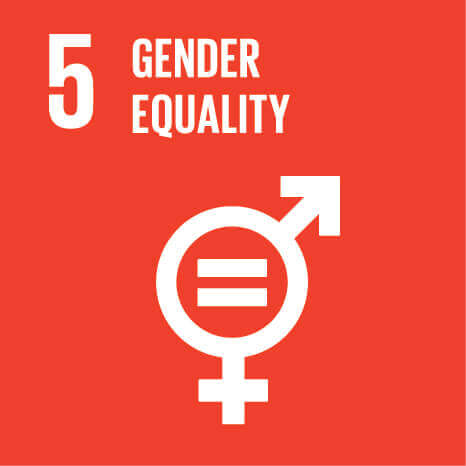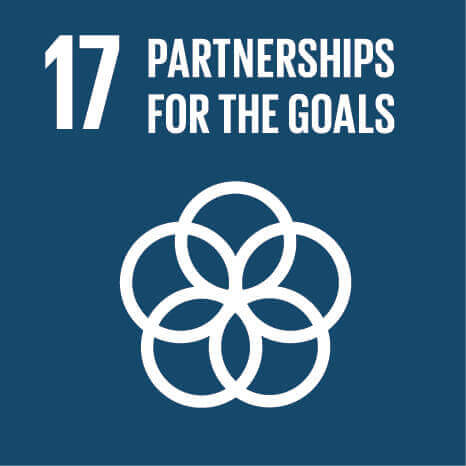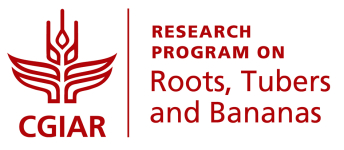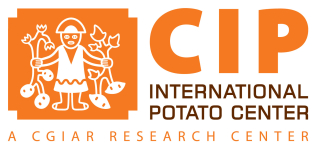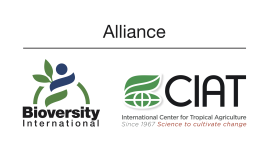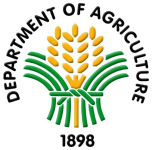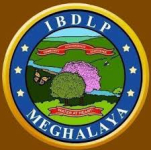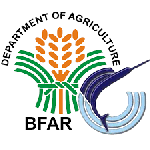130 Farmer Business Schools help in creating and diversifying livelihood opportunities for 3,500 women and men farmers in four Asian countries
Published on: April 28, 2021, Submitted by Enrico Bonaiuti on: April 28, 2021, Reporting year: 2020
After satisfactory implementation in the Philippines, the Farmer Business School approach has been adopted by national development programs supported by IFAD investments in India, Indonesia, Vietnam and the Philippines. Using a qualitative approach, the most significant changes were documented: improved organization of farmer groups, enhanced business skills at the individual and group level, promotion of gender equity, emergence of new food security and income opportunities linked with the improved production and processing techniques, better linkage to local markets.
Members of the Lundag Eskaya Multipurpose Cooperative Jenelie Sandigan, from left, and Kika Lague with one of the ten different flavors of sweetpotato chips they’ve developed in the Lundag Pilar community in Bohol, Philippines.
The International Potato Center developed the Farmer Business School (FBS) in the late 2000s. The FBS builds on the Participatory Market Chain Approach and on the Farmer Field School (FFS), where groups of farmers learn to use integrated pest management in the field. The FBS builds farmers’ capacity to respond to emerging market opportunities.
In the FBS, small groups of 25 to 30 farmers, usually women, learn about each other and how to work as a team. They visit markets, learn about opportunities for new products or other innovations. They meet extensionists, suppliers, and other support service providers. The group writes a business plan and develops innovative products or marketing techniques, which they launch at a publicized event to potential customers and supporters.
After the success of FBS in Indonesia, IFAD invested in CIP’s FoodSTART project to promote farmer business schools in Asia to help farmers become more savvy entrepreneurs in dynamic agricultural value chains. In the first phase of FoodSTART, CIP partnered with the Second Cordillera Highland Agricultural Resource Management Project in the Philippines.
The FBS curriculum includes climate change and gender perspectives and is now helping farmers to build enterprises based on highly nutritious products. Farmers can use the FBS with any commodity, not just roots, tubers, or bananas. For example, the Bureau of Fisheries and Aquatic Resources has used Business Schools to develop not just sweetpotato and cassava chips, but also jams, candies, juice, mussel chips, crackers, seaweed noodles, dried fish, and many more.
Almost 3,500 farmers (76% women) have completed the FBS. These graduates, often working in groups, have created over 130 small enterprises in India, Indonesia, and the Philippines. Many monitoring and evaluation techniques were used. More than 100 stories were collected to help understand how the business experience has improved the farmers’ lives. The farmers said that their groups had become better organized. Individuals and groups improved their business skills. Gender equity was promoted, and new food security and income opportunities emerged as production and processing techniques improved. Farmers forged better links with local markets.
In 2020, the IFAD investment Fisheries, Coastal Resources and Livelihood Project implemented in the Philippines by the Bureau of Fisheries and Aquatic Resources of the Department of Agriculture has continued to adapt and scale the FBS principles by establishing 12 additional FBS (230 participants), despite the end of FoodSTART and therefore any additional technical support from research partners.
The Farmer Business School (FBS) approach was developed by the International Potato Center in the late 2000s. Drawing from features of Farmer Field School, a group-based learning process, and the Participatory Market Chain Approach, the FBS aims at building farmers’ capacity to respond, individually or jointly, to emerging market opportunities.
Building on the success of FBS in Indonesia, the FoodSTART project, led by CIP, has promoted its adoption in the framework of IFAD investments in Asia with the aim to strengthen farmers’ entrepreneurial capacity as they seek to participate in dynamic agricultural value chains. In the first phase of FoodSTART (IFAD grant), CIP partnered with the Second Cordillera Highland Agricultural Resource Management Project in the Philippines. The second phase of FoodSTART (FoodSTART+, IFAD/EU grant), FBS was adopted by IFAD investments in the region: Integrated Natural Resources and Environmental Management Project and Fisheries, Coastal Resources, and Livelihood Project (Philippines), Meghalaya Livelihoods and Access to Markets Project (India), Sustainable Rural Development for the Poor Project (Vietnam), and Smallholder Livelihood Development Project in Maluku and North Maluku (Indonesia). Based on lessons learned during the first phase of FoodSTART, climate change and gender perspectives have been integrated in the FBS curriculum while the nutritional value of marketed commodities is being progressively incorporated. As a commodity-neutral approach, the FBS was adopted in different regions as it catered to the needs of the target beneficiaries. A good example is the adaptation of the FBS by the Bureau of Fisheries and Aquatic Resources into an Aqua-based Business School (ABS). The ABS curriculum is now being used by the Bureau of Fisheries and Aquatic Resources (BFAR) for a mentoring program for youth.
To date, over 130 small and micro-enterprises benefitting almost 3,500 farmers (76% women) have been established and launched in India, Indonesia, and the Philippines. Amongst other techniques, the projects used a qualitative method, Most Significant Changes, for their monitoring and evaluation. More than 100 stories were collected and helped in understanding the changes that are happening at the individual and farmer groups level. Among the positive changes perceived by beneficiaries, the following one were identified: improved organization of farmer groups, enhanced business skills at the individual and group level, promotion of gender equity, the emergence of new food security, and income opportunities linked with the improved production and processing techniques, better linkage to local markets.
Stage of Maturity and Sphere of influence
-
Stage of Maturity: Stage 1
-
Contributions in sphere of influence:
1.3.1 - Diversified enterprise opportunities
D.1.4 - Increased capacity for innovation in partner development organizations and in poor and vulnerable communities
Acknowledgement
This research was undertaken as part of the CGIAR Research Program on Roots, Tubers and Bananas (RTB).
Projects
-
Food Resilience Through Root and Tuber Crops in Upland and Coastal Communities of the Asia-Pacific
